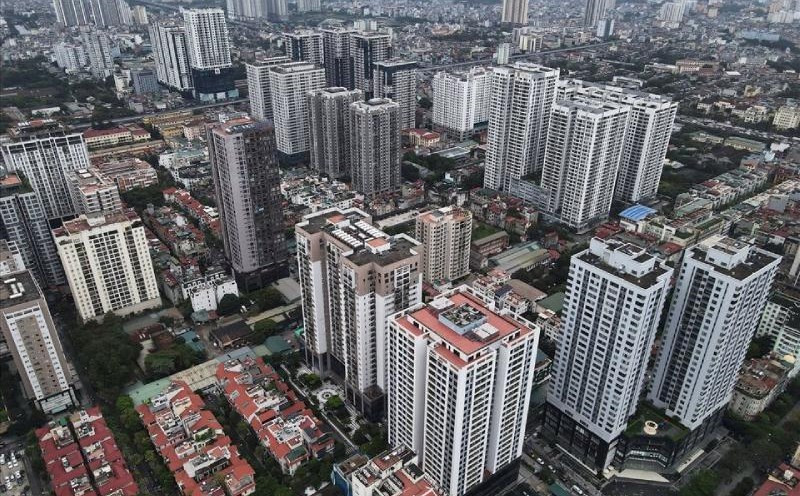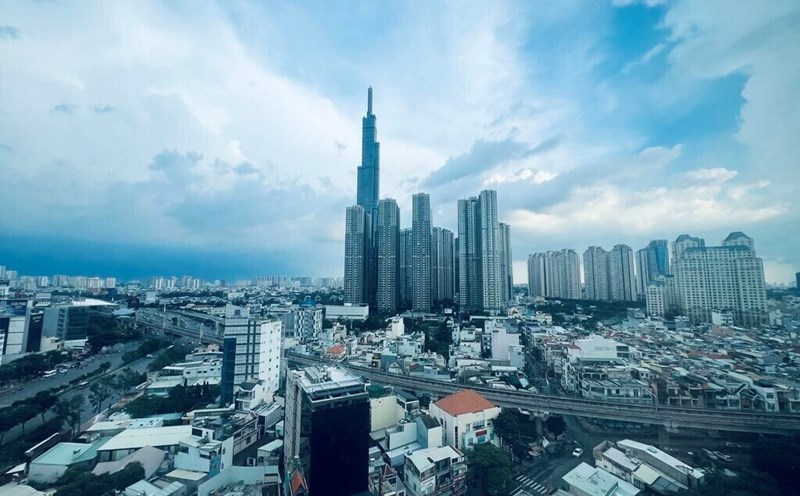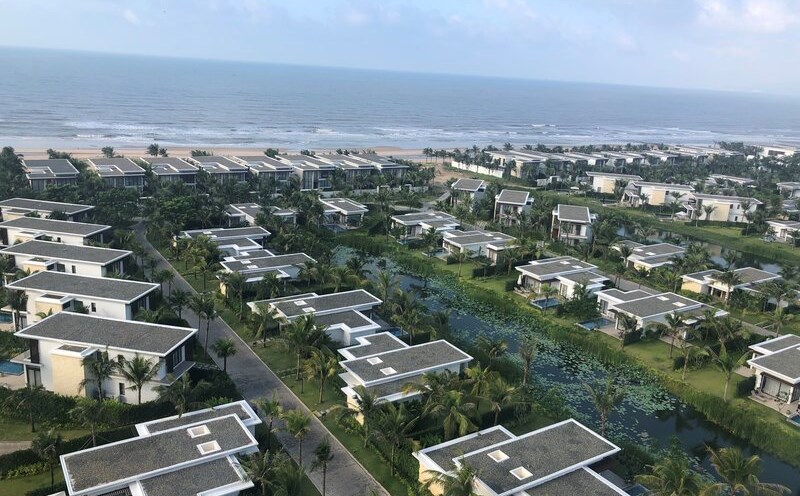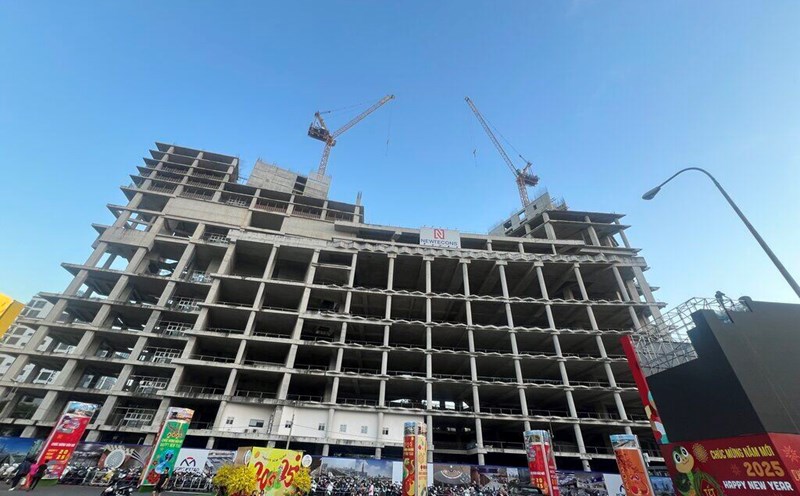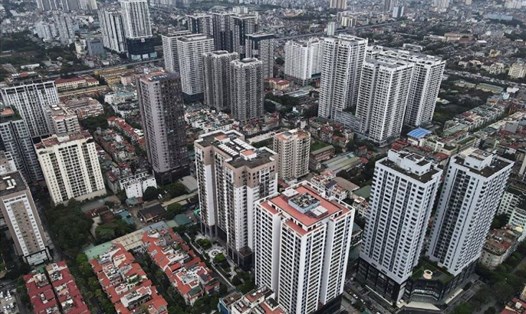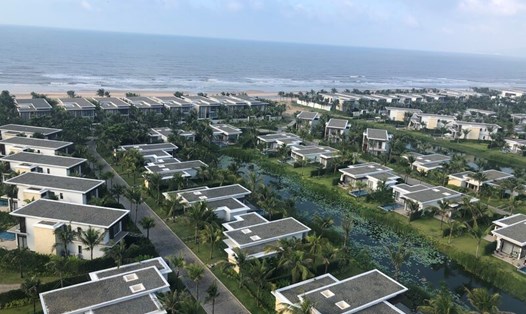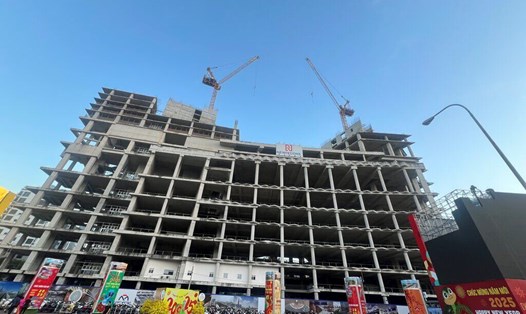The real estate market in Ho Chi Minh City is facing a shortage of supply, especially in the affordable housing segment.
Data from the Ho Chi Minh City Department of Construction shows that during the 11 months of 2024, the city only had 12 housing projects approved for investment, of which only 1 was a social housing project, the rest were high-end housing projects.
This is the lowest figure in many years, clearly reflecting the serious shortage of housing supply. Notably, only 2 commercial housing projects were licensed for construction and only 4 projects were eligible to mobilize capital to bring products to the market, with 1,611 apartments, a sharp decrease compared to previous years.
Meanwhile, a large amount of housing supply is still stuck because dozens of projects have not yet had their legal problems resolved. Mr. Le Hoang Chau - Chairman of the Ho Chi Minh City Real Estate Association (HoREA) said that in the first 10 months of 2024, the Prime Minister's Working Group 1435 transferred 64 projects to Ho Chi Minh City for consideration and resolution; the Specialized Working Group of the Ho Chi Minh City People's Committee held 10 meetings to consider and resolve 34 projects, of which 8 projects have been resolved.
However, the more concerning issue is that there are still 86 commercial housing projects that have stopped construction or have not yet been constructed. These are projects with legal problems, waiting to be rescued, but because the investment policy has been approved, they are classified as "inventory" projects.
The longer a project is delayed, the more difficult it is for the business to have cash flow because it has borrowed capital for the initial project establishment costs, the interest must be paid continuously, eating into the inventory but there is no product to sell.
And if the projects are resolved, a problem for businesses is to find new capital to implement the project. The concern is real, because the costs of creating projects are increasing, especially when the land price list is increasingly approaching the market price, while access to capital sources for projects has not improved much. Along with that are many new regulations in the direction of tightening, including capital mobilization activities from customers and this will have a significant impact on the ability to implement projects of businesses, especially businesses with thin capital.
According to analysis by Dr. Nguyen Duy Phuong, Investment Director of DG Capital, in the current context, credit capital is prioritized in the context of interest rates remaining at a reasonable level and banks actively lending. However, access to this capital source is not easy for many businesses due to high requirements on project legal status, standards on leverage ratio, financial plan and debt repayment plan.
Although the bond channel has gone through a difficult period, the pressure to mature is still high. In 2025, about 110 trillion VND of bonds issued by issuers in the residential real estate group will mature. Of which, 31 trillion VND has been delayed in paying principal and interest. These bonds were late in paying interest or late in paying principal before the extension to 2025.
Sharing with Lao Dong Newspaper reporters about the difficulties in capital mobilization for the project, the Chairman of the Board of Directors of a real estate company with a large market share in Ho Chi Minh City said that the company is currently in a vicious circle. The company has been approved in principle by many banks to finance capital to implement unfinished projects, from which it will have a source of revenue. However, when mortgaging other projects, even though it is confirmed that the legal procedures are being resolved, the bank still finds it difficult to disburse. It is not possible to sell half of the project or the whole project.

